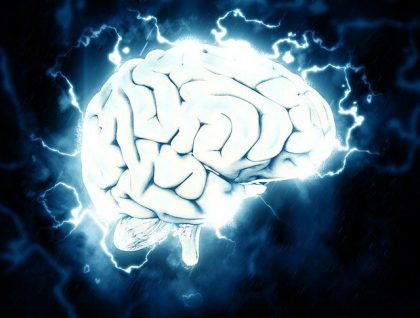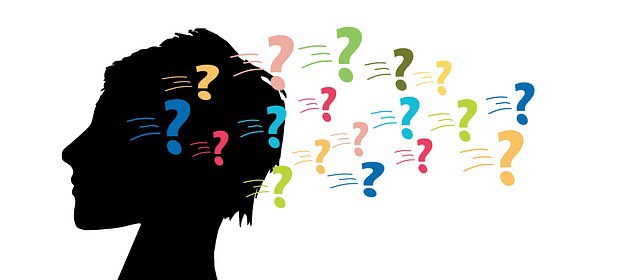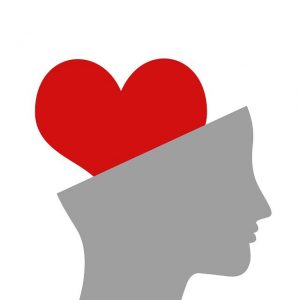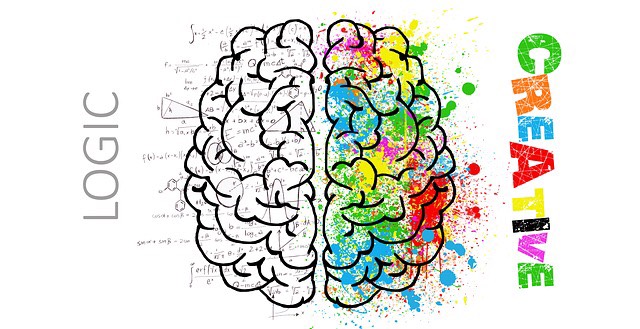 Recently I read something I found intriguing about the difference between making a decision with the brain or the mind. While it may not be 100% true from a biological standpoint, it provides an interesting example to improve our ability to make a decision.
Recently I read something I found intriguing about the difference between making a decision with the brain or the mind. While it may not be 100% true from a biological standpoint, it provides an interesting example to improve our ability to make a decision.
 We are all born with a brain capable of doing an infinite number of things and from the time we are young, it helps us survive. For example, the brain tells us that when we are hungry, we should eat; and when there is danger, that we should fight or flee. In this same way, it accompanies us on our journey through life constantly analyzing every situation and giving us “suggestions,” which we may or may not follow. We don’t necessarily have to eat when we are hungry, nor do we have to fight or flee when there is danger, but nevertheless our brain continually gives us options.
We are all born with a brain capable of doing an infinite number of things and from the time we are young, it helps us survive. For example, the brain tells us that when we are hungry, we should eat; and when there is danger, that we should fight or flee. In this same way, it accompanies us on our journey through life constantly analyzing every situation and giving us “suggestions,” which we may or may not follow. We don’t necessarily have to eat when we are hungry, nor do we have to fight or flee when there is danger, but nevertheless our brain continually gives us options.
The mind, according to what I read, works differently. It is influenced by what we have learned. Our experience gives “suggestions” coming as a result of those who are in our environment; such as our parents, relatives, neighbors, and teachers. At the same time, the information they give comes from their own minds that have been formed by their experience. While in the majority of the cases this information is given for our benefit, it is not always the best to make a good decision.
 For example, our parents may tell us, “Don’t let anyone intimidate you!” The message is clear, if you encounter a bully in school or on the the street, don’t run, instead stay and fight for your rights. The reality is that there will be times when it is better to run rather than to stay and fight, particularly if the person intimidating us is much bigger and also has a weapon. While the mind analyzes what our parents have told us, the brain’s suggestion is quick and without hesitation. It tells us, “Run away as quickly as possible!” In this instant of doubt, before making the decision, it may be too late.
For example, our parents may tell us, “Don’t let anyone intimidate you!” The message is clear, if you encounter a bully in school or on the the street, don’t run, instead stay and fight for your rights. The reality is that there will be times when it is better to run rather than to stay and fight, particularly if the person intimidating us is much bigger and also has a weapon. While the mind analyzes what our parents have told us, the brain’s suggestion is quick and without hesitation. It tells us, “Run away as quickly as possible!” In this instant of doubt, before making the decision, it may be too late.
While there are times when the mind can help us to make a better decision, there are other times when instead of helping, it gets in the way. Let’s look at another example. We may be in a toxic relationship, which may even be violent. The brain says, “Get away, now!” In the meantime, the mind tells us, “No one is perfect,” and “we should forgive those who have wronged us.” Besides, in many cases we love the person who is doing the damage. Instead of making a decision to go in search for another healthier relationship, we stay in the toxic one.
While there are almost always exceptions to any rule, and a life without emotion must be like eating food with no spice; it is important to pay attention to both what our brain and our mind say. The brain analyzes each situation as it is, while the mind integrates experience and emotion.
When the time comes to make an important decision, we can make our decision using both rather than only one or the other. We can first analyze it with our mind, allowing prejudices and the experience of others to come into play.  At the same time, to make a good decision, we should also analyze the situation as if we were a processor in a computer, with the brain taking each of the elements for what it is, without letting experience and emotion unduly sway our point of view. Let’s give weight to both experience and emotion, as well as careful analysis, considering each, and thus improving our ability to optimize our results.
At the same time, to make a good decision, we should also analyze the situation as if we were a processor in a computer, with the brain taking each of the elements for what it is, without letting experience and emotion unduly sway our point of view. Let’s give weight to both experience and emotion, as well as careful analysis, considering each, and thus improving our ability to optimize our results.
∞ Rob McBride ∞
LL IV 28

